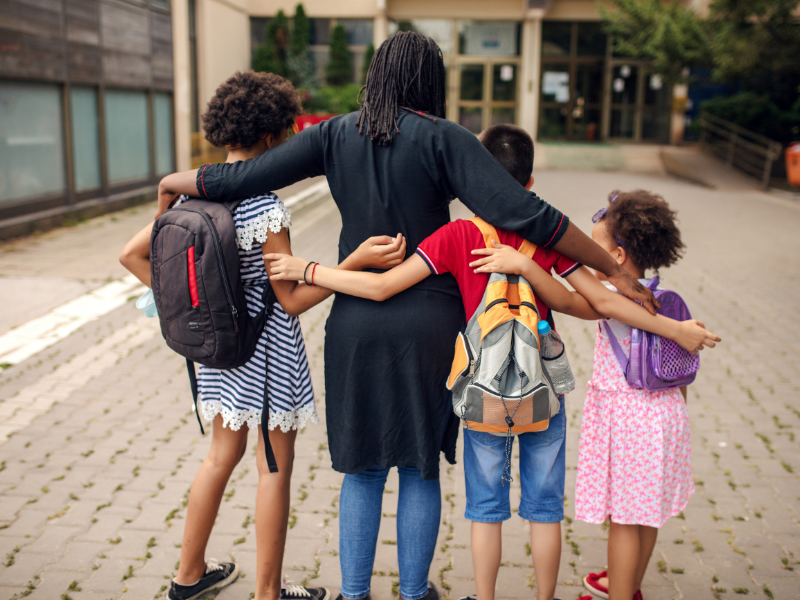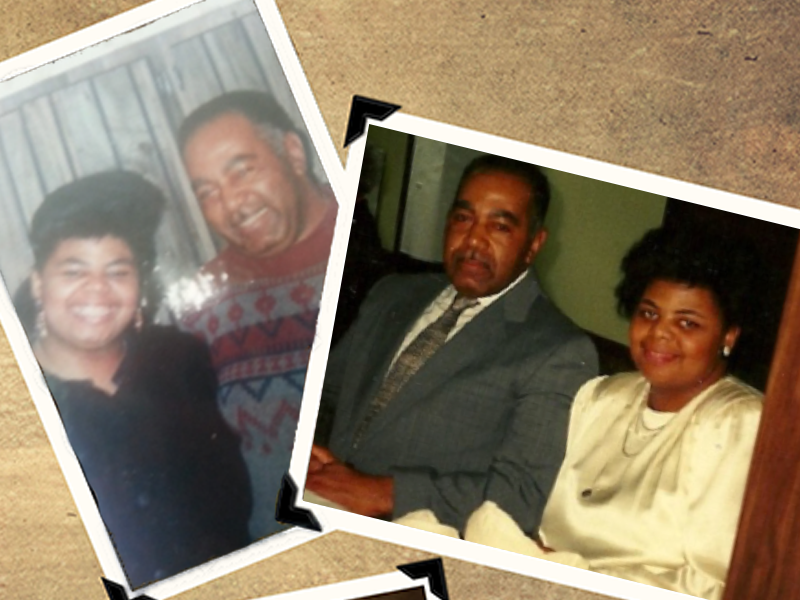
4 surprising benefits of parental love that set children up for a flourishing life

4 surprising benefits of parental love that set children up for a flourishing life
Key Points
- Parental love plays a central role in children’s long-term development and life outcomes.
- The bond between parents and children lays the groundwork for emotional health, social skills, and academic success—all of which are important factors in improving social mobility for kids.
Parental love is more than just affection—it’s a powerful force that can shape a child’s life in profound ways. Far beyond the hugs and bedtime stories, the bond between a parent and child lays the groundwork for emotional security, social skills, academic achievements, and even lifelong decision-making.
Think of it as building a foundation for the future. Parents who provide consistent love and support create an environment where children feel safe to grow, learn, and thrive. These positive relationships don’t just affect childhood—they set the stage for success and resilience well into adulthood.
Parental love enables children to be at their best emotionally, socially, and academically
But why is this connection so vital? And what does science say about the benefits of parental love? From boosting emotional health to improving academic success, the rewards are more surprising and far-reaching than you might think.
1. Emotional well-being and mental health
A child who feels loved and supported grows up with a strong sense of security and self-worth. This emotional foundation helps children manage stress and develop resilience during difficult times. Research shows that children with strong relationships with their parents are better adjusted emotionally and face fewer mental health challenges, such as anxiety and depression.
2. Behavioral regulation
Parental love plays a crucial role in teaching kids how to interact with the world. Through daily interactions, children learn emotional regulation, problem-solving, and conflict resolution skills. These lessons form the building blocks of self-control and appropriate social behavior, helping children grow into responsible adults.
3. Academic success
Children with engaged parents tend to do better in school. By being involved in their children’s education—whether it’s attending parent-teacher conferences, helping with homework, or simply being a source of encouragement—parents can spark a love of learning. The result? Higher grades, better school attendance, and a more motivated, confident student.
4. Prevention of risky behaviors
Strong parent-child relationships act as protective measures against risky behaviors, including substance abuse, delinquency, and teen pregnancy. When children feel connected to their parents, they’re more likely to seek parental guidance when facing tough decisions, reducing the likelihood of engaging in harmful activities.
Through GCO’s Raising Highly Capable Kids Program, communities can offer parents a safe, supportive place to learn how to nurture loving bonds at home.
Through GCO’s Raising Highly Capable Kids Program, communities can offer parents a safe, supportive place to learn how to nurture loving bonds at home.
Empowering parents to strengthen loving relationships is one of the best priorities a community can have
At the Georgia Center for Opportunity (GCO), we understand the critical role parents play in raising capable, confident kids. Our Raising Highly Capable Kids (RHCK) program focuses on empowering parents by teaching them the 40 Developmental Assets—a research-driven framework that fosters emotional and social growth in children. These assets cover essential aspects like support, empowerment, and positive identity, serving as the foundation for raising resilient kids.
RHCK has benefited parents like Brittany Moore, who found the workshop life-changing. The program provided her with practical tools, a renewed sense of purpose, and the confidence to handle conflicts.
“Parenting is one of the hardest yet most rewarding jobs, and there’s no shame in seeking support,” Brittany shared. She emphasizes that RHCK is more than just a workshop—it’s a welcoming community of people who understand the ups and downs of raising children. “You’ll walk away with valuable lessons, practical tools, and a renewed sense of confidence,” she said.
Through RHCK, parents receive tools and strategies to build loving, stable homes. Here’s how it works:
- Workshops and classes: Parents participate in structured sessions that offer guidance on fostering healthy relationships and teaching critical life skills.
- Hands-on support: Expert facilitators provide personalized support, helping parents identify areas of growth and build stronger connections with their children.
- Community-building: RHCK creates a supportive community where parents can collaborate, share experiences, and learn from one another.
Interested in getting involved with RHCK?
If you’re ready to grow stronger as a parent and learn how intentional, loving relationships can lead to transformational change in your family, we welcome you to join the RHCK program where you’ll find a safe, supportive environment to access the tools, strategies, and community needed to confidently tackle the ups and downs of parenting.
Workshops in Gwinnett
Sign up to be notified of upcoming workshops in Gwinnett.
Workshops in additional communities
Get on the list for notifications of workshops in other communities.









